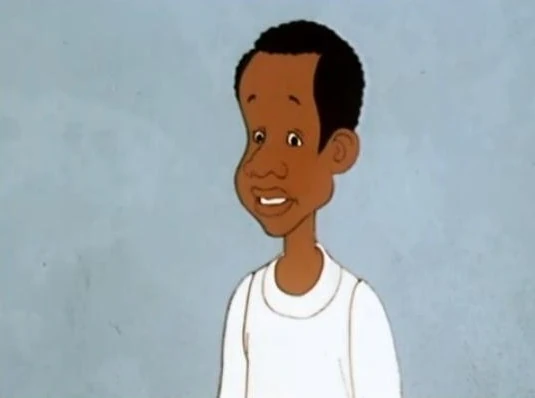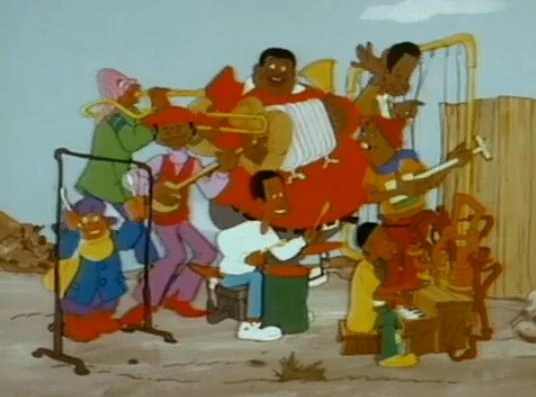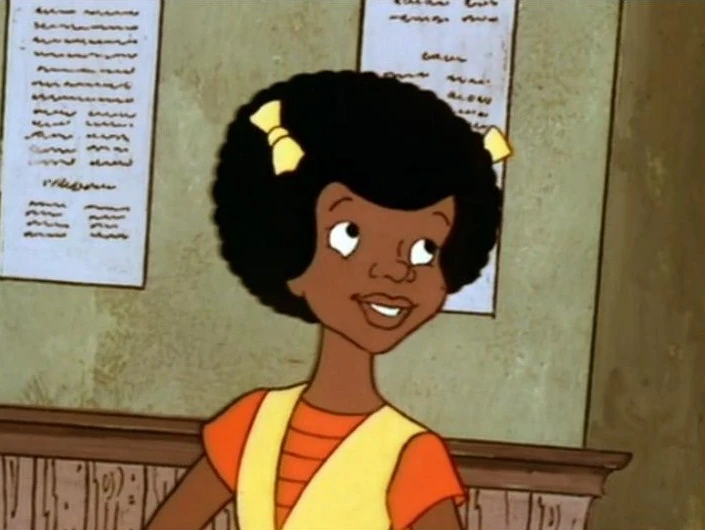"Alright we've talked about children lying, being afraid of new kids, and forming bands...next is racism!"
In all actuality this episode was exceptionally important, being one of the first children's programs to portray racism, or at least one to have an anti-racist message. It opens with Fat Albert and the Gang going to summer camp and finding themselves at odds with the white children. Impulsively, the children all judge each other based solely on appearance, eventually the kids of course all make amends and become friends. The ending where Bunky and Bill tell each other they're hoping to go to camp next Summer as well is actually fairly touching(as much as Fat Albert can be as a show). Overall, this episode was an important one that spoke to the sensibilities and insecurities of children in the 70's, one of the most mature in the series





.jpg/revision/latest?cb=20131128211822)


